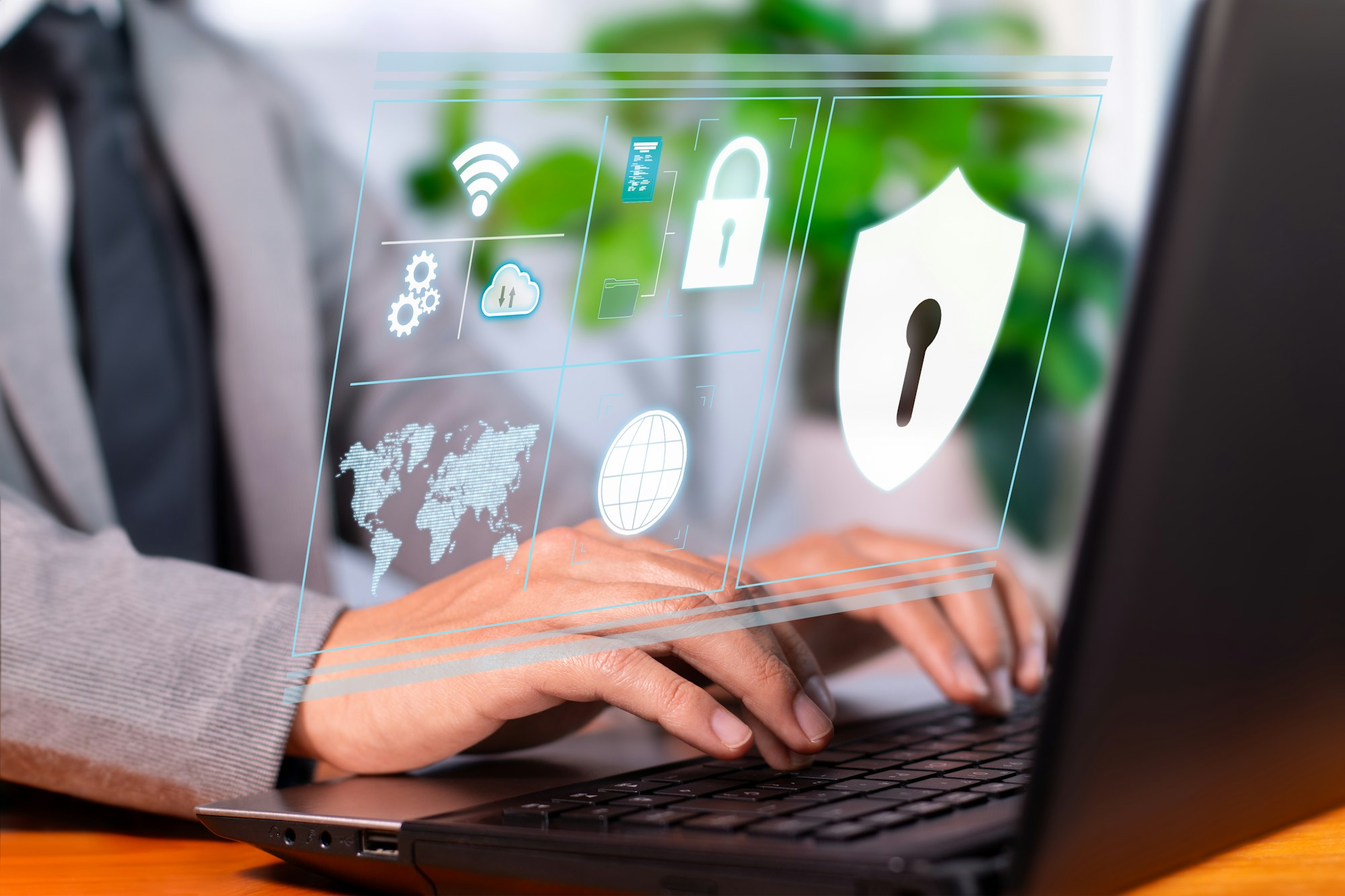Introduction to AI-Enhanced Laptops
Major players like Microsoft, HP, and Dell are rolling out new laptops that integrate artificial intelligence (AI). These advanced machines are designed to handle everything from simple computing tasks to complex AI-driven operations directly on the device. This development could revitalize the role of personal computers (PCs) in an era dominated by cloud computing and mobile technology.

Microsoft’s Innovative AI PCs
Microsoft is leading the charge with its Copilot+ PC, setting a new benchmark in the industry. These devices operate AI functions internally, reducing reliance on external servers. This shift enhances response times, privacy, and customization, potentially inspiring future tech trends.
Features and Functionalities
The Copilot+ PCs come loaded with AI tools that simplify daily tasks like document management, email sorting, and web surfing. They also boast capabilities for automating intricate processes such as photo editing and language translation by processing data locally, making them more efficient.
Impact on Consumer Behavior
The advent of AI-enabled PCs is likely to reshape consumer buying habits. The enhanced features of these computers provide a strong incentive for users to upgrade from older models. Despite the higher initial cost, the advanced AI capabilities could justify the investment by significantly boosting productivity and enhancing the user experience.
Market Predictions
Market experts are optimistic about the quick adoption of AI-enhanced PCs. They anticipate that the lure of cutting-edge features will drive their popularity, making these AI-powered devices a common sight by decade’s end.
Comparative Analysis with Other Technologies
Unlike the modest impact of AI chips in smartphones on consumer upgrade cycles, AI-enhanced PCs promise more substantial benefits. These advantages make them more appealing to those seeking robust and efficient computing solutions.
Potential Challenges
However, the widespread acceptance of AI-enhanced PCs faces several hurdles. Achieving the right mix of performance, cost, and consumer awareness is crucial. It’s also essential that the AI features are both beneficial and user-friendly for everyday consumers, without being overly complex.
Future Directions
The trajectory for AI-enhanced PCs is promising, with continuous advancements in AI technology and hardware design on the horizon. As AI becomes more ingrained in personal computing, it could revolutionize how users interact with technology, elevating PCs to new levels of intelligence and capability.
Discover the revolutionary impact of AI on personal computers, enhancing speed, privacy, and efficiency. See how AI is rejuvenating the relevance and functionality of PCs in the modern technological landscape.

Frequently Asked Questions about AI-Enhanced Personal Computers
1. What are AI-enhanced personal computers and how do they differ from regular PCs?
AI-enhanced personal computers are laptops that incorporate artificial intelligence (AI) technology directly into their hardware and software systems. Unlike regular PCs that depend primarily on software applications and cloud-based services for AI tasks, these advanced computers process AI-driven operations locally. This reduces reliance on external servers, minimizes latency, and enhances privacy and personalization for tasks like document management, photo editing, and language translation.
2. Why are AI-enhanced PCs expected to influence consumer purchasing decisions?
AI-enhanced PCs offer significantly improved functionalities over traditional computers, including advanced AI capabilities that streamline and automate complex tasks. These features provide compelling reasons for users to upgrade from older models, despite potentially higher initial costs. The enhanced productivity and user experience offered by these PCs make them an attractive investment for tech-savvy consumers and professionals looking for powerful computing solutions.
3. What are the potential challenges facing the adoption of AI-enhanced PCs?
One of the main challenges is balancing performance, cost, and consumer awareness. High-performance AI capabilities often come at a higher price, which might deter some buyers. Additionally, ensuring that the AI features are user-friendly and genuinely useful to the average consumer without adding unnecessary complexity is crucial. Overcoming these hurdles will be key to mainstream acceptance of AI-enhanced personal computers.
Sources The New York Times


